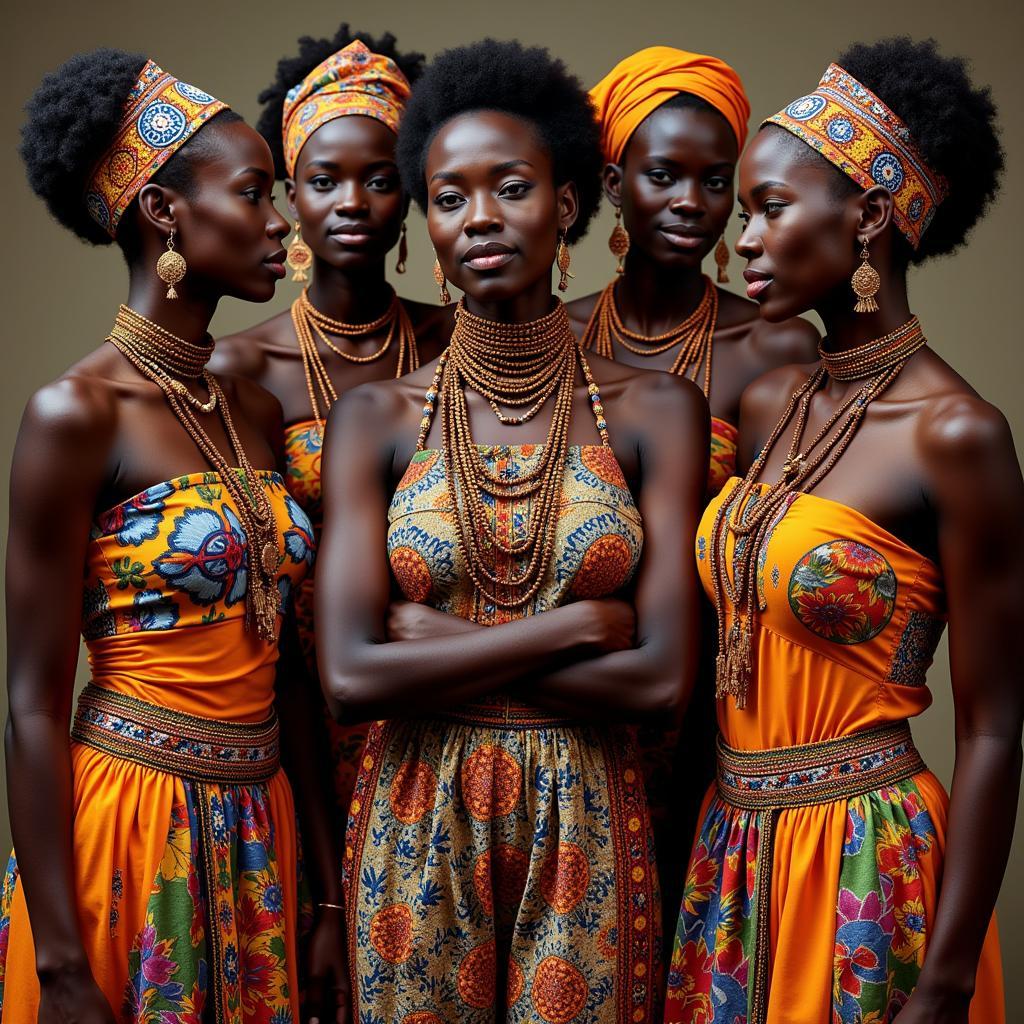The African Beard: Symbolism, Styles, and Significance
The African Beard, far more than just facial hair, carries a profound cultural weight, embodying history, masculinity, and societal status across diverse African communities. Its significance is woven into the fabric of tradition, reflecting beliefs, aesthetics, and narratives passed down through generations.
A Legacy Etched in Hair: Historical Significance of the African Beard
Throughout history, the African beard has held varying interpretations depending on the specific region or cultural group. In ancient Egypt, for instance, a meticulously braided and adorned beard was a symbol of power and divinity, worn by pharaohs and deities alike.
Moving south, in many sub-Saharan African cultures, a full, well-maintained beard was associated with virility, wisdom, and social standing. Elders, often the bearers of long, flowing beards, were revered for their knowledge and experience, their beards serving as visual testaments to their accumulated wisdom. This reverence for bearded elders is evident in numerous African proverbs and folktales, where the beard often symbolizes wisdom and leadership.
A Tapestry of Styles: Exploring African Beard Diversity
From the short and sculpted to the long and flowing, the African beard encompasses a captivating array of styles, each reflective of individual preferences, cultural influences, and regional trends. Some men might opt for a simple, well-trimmed beard, while others cultivate more elaborate designs, often incorporating decorative elements like beads or braids.
For example, in certain East African pastoralist communities, warriors traditionally style their hair and beards in elaborate ways, incorporating ochre, feathers, and other adornments to project an image of strength and intimidation. Meanwhile, in West Africa, the Wolof people are known for their distinctive “Tanggris” beard style, a long, pointed beard that curves upwards, often dyed with henna or indigo.
More Than Meets the Eye: Cultural Significance in Modern Africa
While Western influences have impacted grooming practices across the globe, the African beard, in its varied forms, continues to hold cultural relevance in many parts of the continent. It remains a potent symbol of masculinity, respect for elders, and a visual representation of cultural identity.
Moreover, in recent years, there has been a resurgence of interest in natural hair and traditional grooming practices, with many young Africans embracing their heritage and expressing their individuality through distinctive beard styles. This trend reflects a broader movement of cultural affirmation and a desire to challenge Eurocentric beauty standards.
In conclusion, the African beard is far more than a mere fashion statement; it’s a complex cultural symbol imbued with history, tradition, and social significance. From ancient rituals to modern trends, the African beard continues to evolve, reflecting the dynamism and diversity of the continent and its people.

